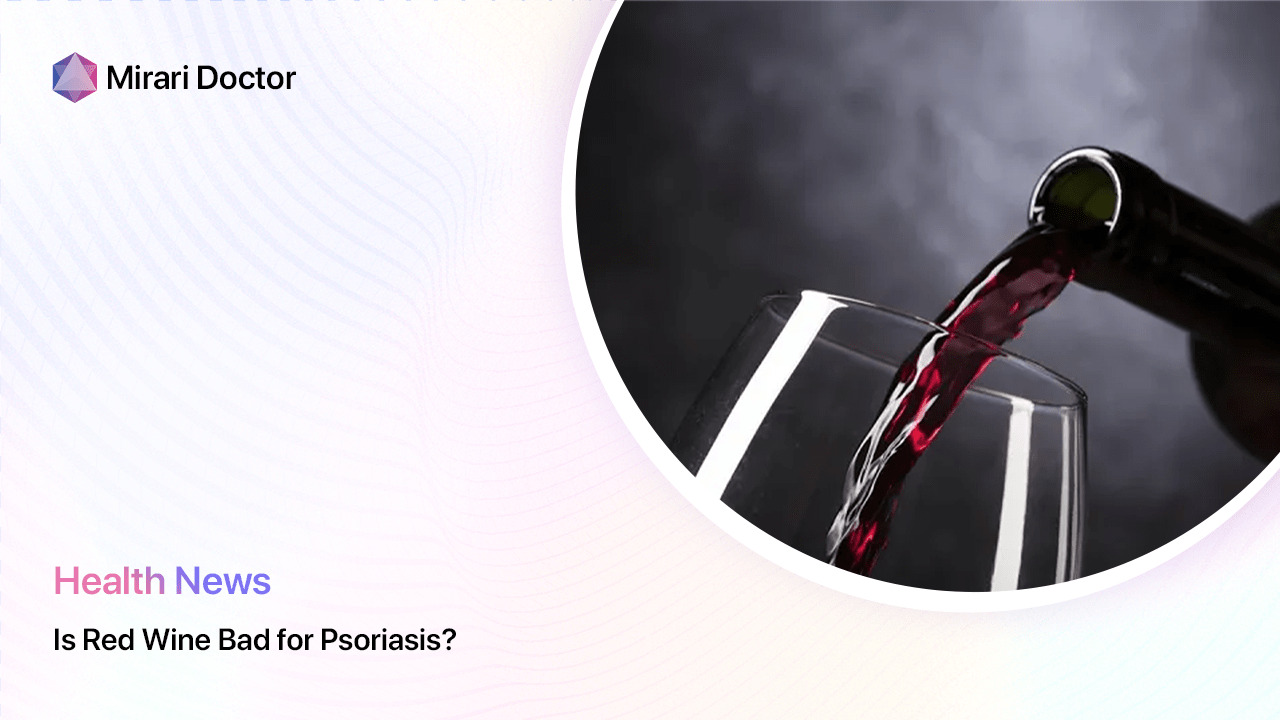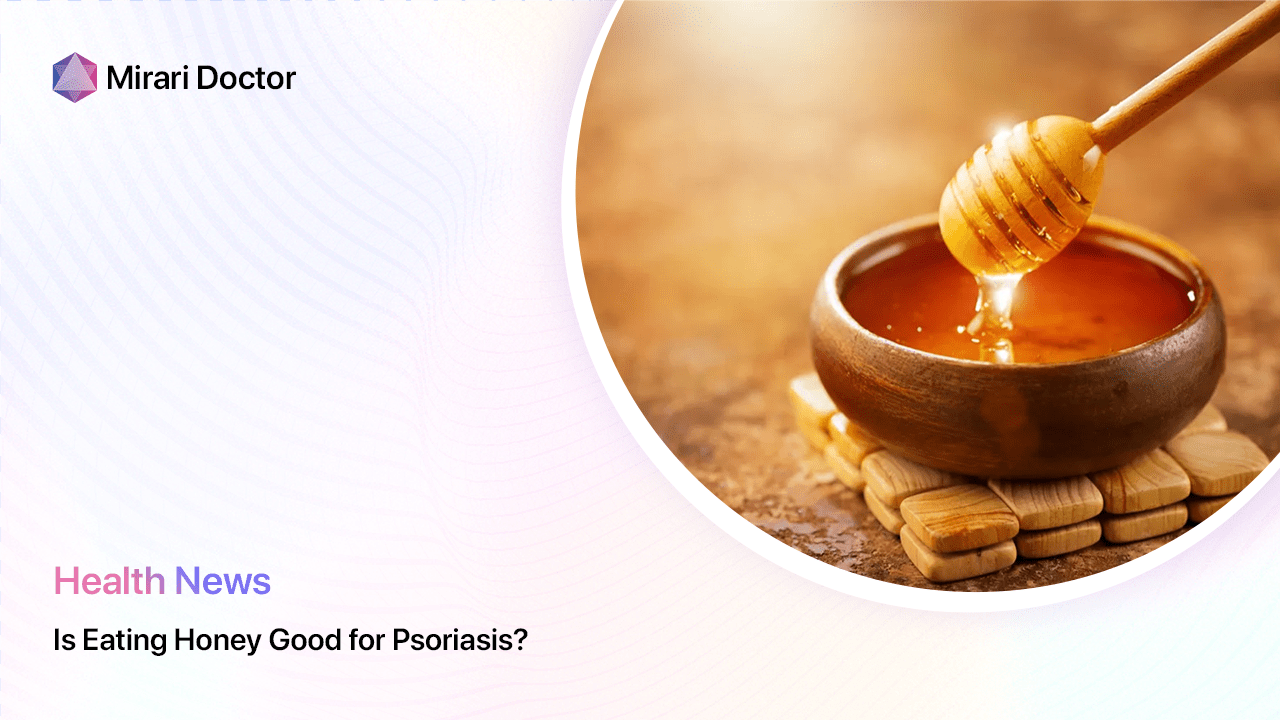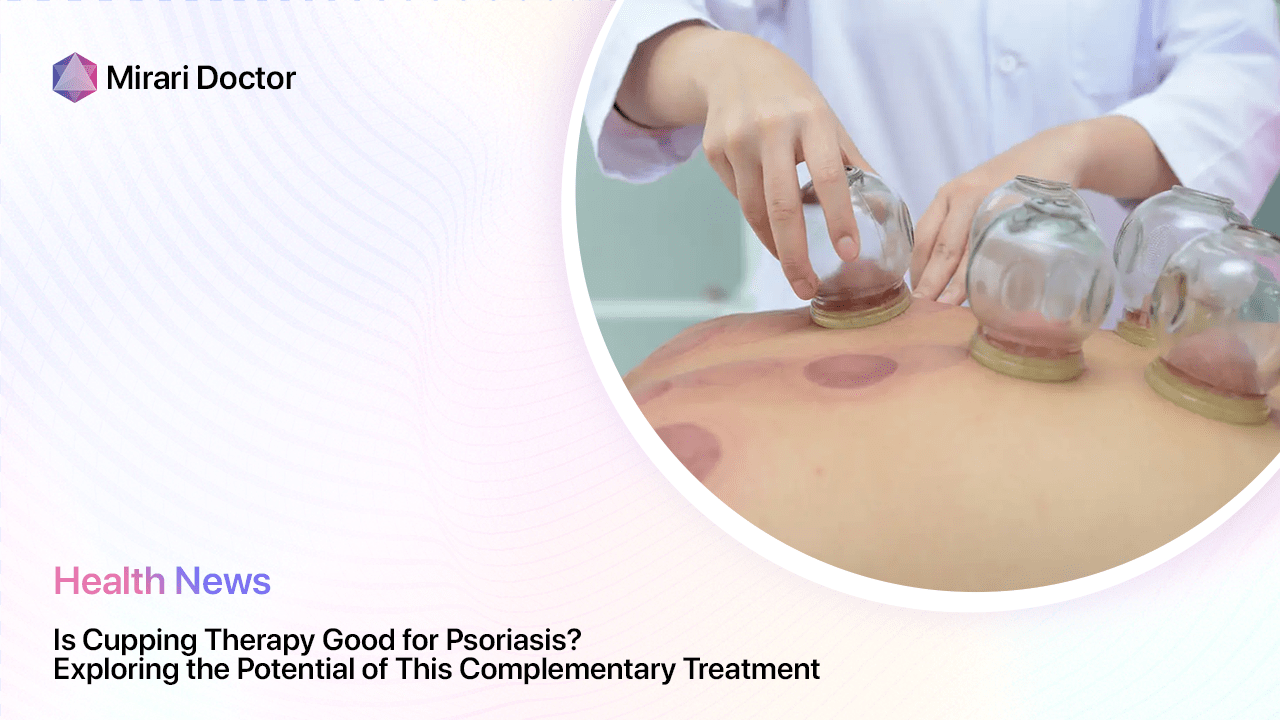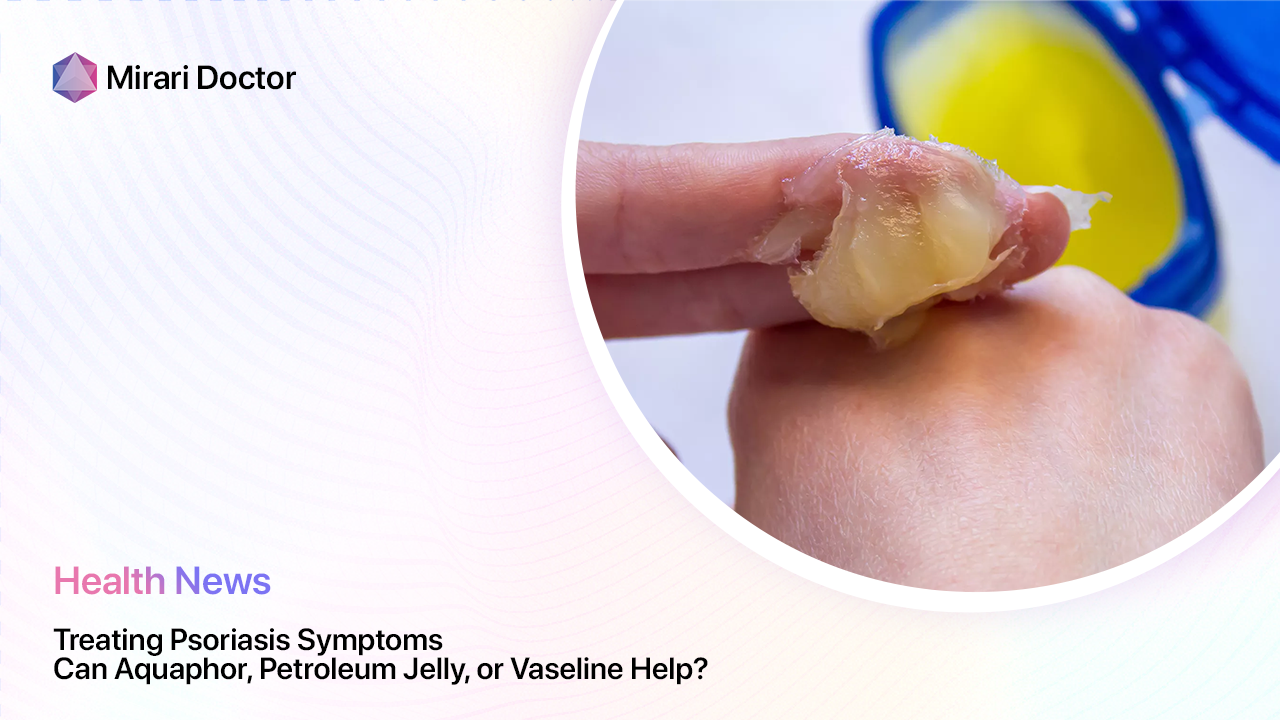
Psoriasis is an inflammatory autoimmune condition that causes red, scaly patches to appear on the skin. It affects over 8 million Americans and can range in severity from mild to disabling. While the exact causes are unknown, psoriasis is believed to result from a combination of genetic and environmental factors. One such environmental influence that may impact psoriasis severity is alcohol consumption.
The Potential Effects of Alcohol on Psoriasis
For those living with psoriasis, the question often arises – can alcohol make psoriasis worse? Here we examine the evidence surrounding alcohol and psoriasis and provide insights into the potential effects of drinking on psoriasis symptoms:
Alcohol May Exacerbate Psoriasis Inflammation and Severity
Several studies have indicated that heavy or excessive alcohol intake could worsen psoriasis by increasing skin inflammation. Possible mechanisms include alcohol’s effects on immune pathways linked to psoriasis flares. This suggests limiting alcohol intake may help ease symptoms.
Alcohol Can Negatively Influence Psoriasis Treatment Efficacy
Alcohol consumption may also reduce the effectiveness of certain psoriasis systemic and biologic medications. It can interfere with treatment metabolism and should be avoided during therapy for optimal results.
Alcohol Abuse Can Correlate with More Severe Psoriasis
Research also shows higher rates of alcohol abuse and dependence in those with severe psoriasis compared to the general public. However, the correlation between alcohol misuse and psoriasis severity remains complex.
In summary, evidence suggests that heavy, long-term drinking likely exacerbates psoriasis for many patients. Even moderate intake may impact symptoms and treatment efficacy in some individuals.
Lifestyle Modifications for Managing Psoriasis
Beyond limiting alcohol, other lifestyle measures can also help ease psoriasis symptoms:
- Maintaining a healthy diet and weight: Following an anti-inflammatory diet high in fruits, vegetables, whole grains, fish and healthy fats may help reduce flares. Obesity may also worsen psoriasis.
- Quitting smoking: Smoking is strongly linked with more severe psoriasis. Quitting can significantly improve symptoms.
- Managing stress levels: Chronic stress can exacerbate psoriasis severity. Relaxation techniques like meditation help lower stress.
- Getting regular exercise: Working out helps lower inflammation and has wide-ranging health benefits that may improve psoriasis resilience.
While research continues, many dermatologists recommend limiting alcohol intake as part of an overall psoriasis lifestyle management plan. Monitoring personal symptoms and flare triggers can also help determine alcohol’s effects. We next explore some natural beverages that may actually benefit psoriasis patients.
Could Matcha, Pomegranate Juice or Tea Offer Psoriasis Symptom Relief?
Along with reducing alcohol consumption, enhancing one’s diet with certain anti-inflammatory beverages could aid psoriasis management. Here we analyze the potential psoriasis benefits of matcha green tea, pomegranate juice and herbal teas:
The Antioxidant Benefits of Matcha Green Tea
Matcha is a green tea variant renowned for its high antioxidant content. Antioxidants called catechins within matcha have been found in studies to reduce inflammation and may benefit certain skin conditions. Given psoriasis’ inflammatory nature, matcha’s antioxidant and anti-inflammatory effects indicate potential for helping improve psoriasis symptoms.
Early research also shows matcha can protect skin cells from damage while promoting skin rejuvenation. More studies are still needed, but these qualities suggest matcha as a possible supportive addition for those managing psoriasis.
Could Pomegranate Juice Reduce Psoriasis Inflammation?
Pomegranate juice contains a variety of antioxidants and anti-inflammatory compounds that may benefit psoriasis patients in a few key ways:
- Ellagic acid within pomegranates demonstrates anti-inflammatory and skin protective capacities in studies, indicating possible psoriasis symptom relief
- Pomegranate juice’s antioxidants help mitigate oxidative damage involved in the psoriasis disease process
- By lowering systemic inflammation, pomegranate compounds could reduce cytokine release involved in flares
Though larger human studies are limited, initial findings posit pomegranate juice as a potential supportive supplement when managing psoriasis. Its anti-inflammatory and antioxidant properties show promise in easing symptoms for some individuals.
Could Certain Teas Soothe Psoriasis?
Finally, a range of herbal teas, particularly anti-inflammatory green and chamomile teas, may aid psoriasis relief via a few key mechanisms:
- Green tea contains antioxidant polyphenols that reduce inflammation and skin cell damage
- Chamomile tea boasts anti-inflammatory, antimicrobial and wound healing properties to help soothe psoriatic plaques
- Many herbal teas function as immune system modulators, which may ease systemic inflammation driving flares
- Teas offer a range of antiviral, antifungal and stress-reducing properties to support immune resilience
By reducing oxidative stress, inflammation and immune dysfunction, incorporating more anti-inflammatory teas could prove a useful complementary approach when managing psoriasis symptoms.
The Takeaway: Lifestyle Choices Matter with Psoriasis Management
In conclusion, while no silver bullet exists for psoriasis, the accumulating evidence highlights the pivotal role lifestyle and dietary modifications can play. Limiting alcohol intake may help many psoriasis suffers ease symptoms and improve treatment efficacy. Meanwhile, incorporating more anti-inflammatory beverages like matcha, pomegranate juice or specific herbal teas may provide additional symptom relief.
Along with being aware of potential psoriasis triggers, psoriasis patients can also focus on protective, proactive measures through positive lifestyle and diet choices. Paying attention to personalized flare triggers and treatments responses remains key. But by making informed choices, significant control over psoriasis severity is possible.
Frequently Asked Questions on Alcohol, Other Beverages and Psoriasis
Can drinking alcohol really make my psoriasis worse?
For many patients, yes – research indicates heavy or excessive alcohol consumption often exacerbates psoriasis inflammation and severity. Even moderate intake may impact symptoms and treatment efficacy in some individuals. Limiting alcohol intake is generally advised.
How could matcha green tea help with my psoriasis?
Matcha is rich in antioxidants called catechins that demonstrate anti-inflammatory qualities and skin protective benefits in studies. These effects may ease psoriasis symptoms for some patients.
What compounds in pomegranate juice could improve my psoriasis?
Pomegranate juice contains anti-inflammatory and antioxidant compounds like ellagic acid that may reduce the oxidative damage, inflammation and immune dysfunction driving psoriasis flares.
Is red wine bad for psoriasis?
Potentially – red wine contains histamines and sulfites that may provoke flare-ups in some psoriasis patients. Alcohol content can also exacerbate inflammation. Checking for personal wine sensitivity is advised.
What herbal teas might help my psoriasis?
Anti-inflammatory teas like green tea and chamomile may aid psoriasis through their antioxidant, antimicrobial and inflammation-reducing properties. Trying different varieties to see which help soothe symptoms is suggested.
Key Takeaways
- Heavy alcohol intake often worsens psoriasis severity by increasing inflammation; limiting alcohol is generally recommended
- Early research shows antioxidants in matcha green tea could ease symptoms and skin damage
- Pomegranate juice may reduce factors driving psoriasis flares like oxidative stress and inflammation
- Red wine may trigger psoriasis flares in predisposed individuals due to alcohol, histamines and sulfites
- Herbal teas like green and chamomile tea demonstrate properties that may help soothe psoriasis
Related articles
Made in USA







